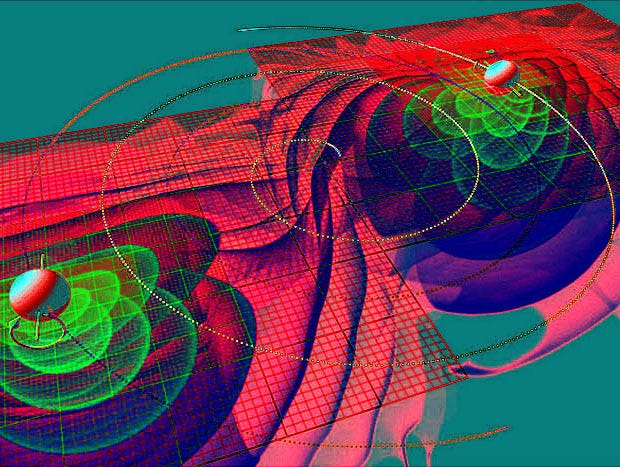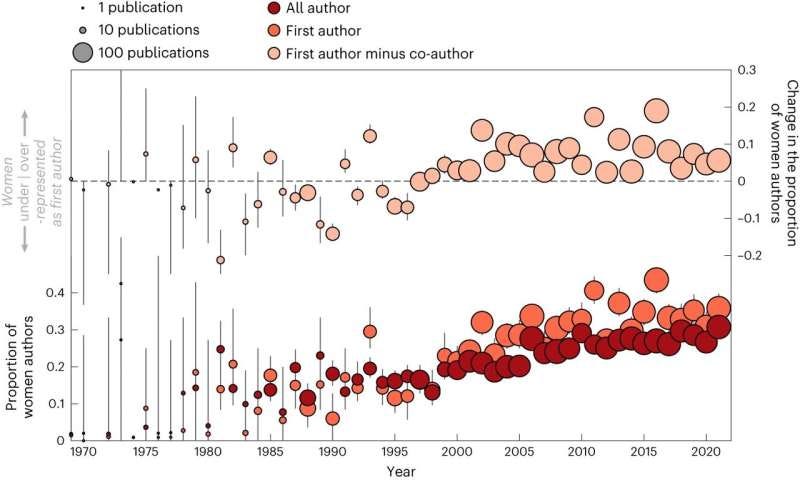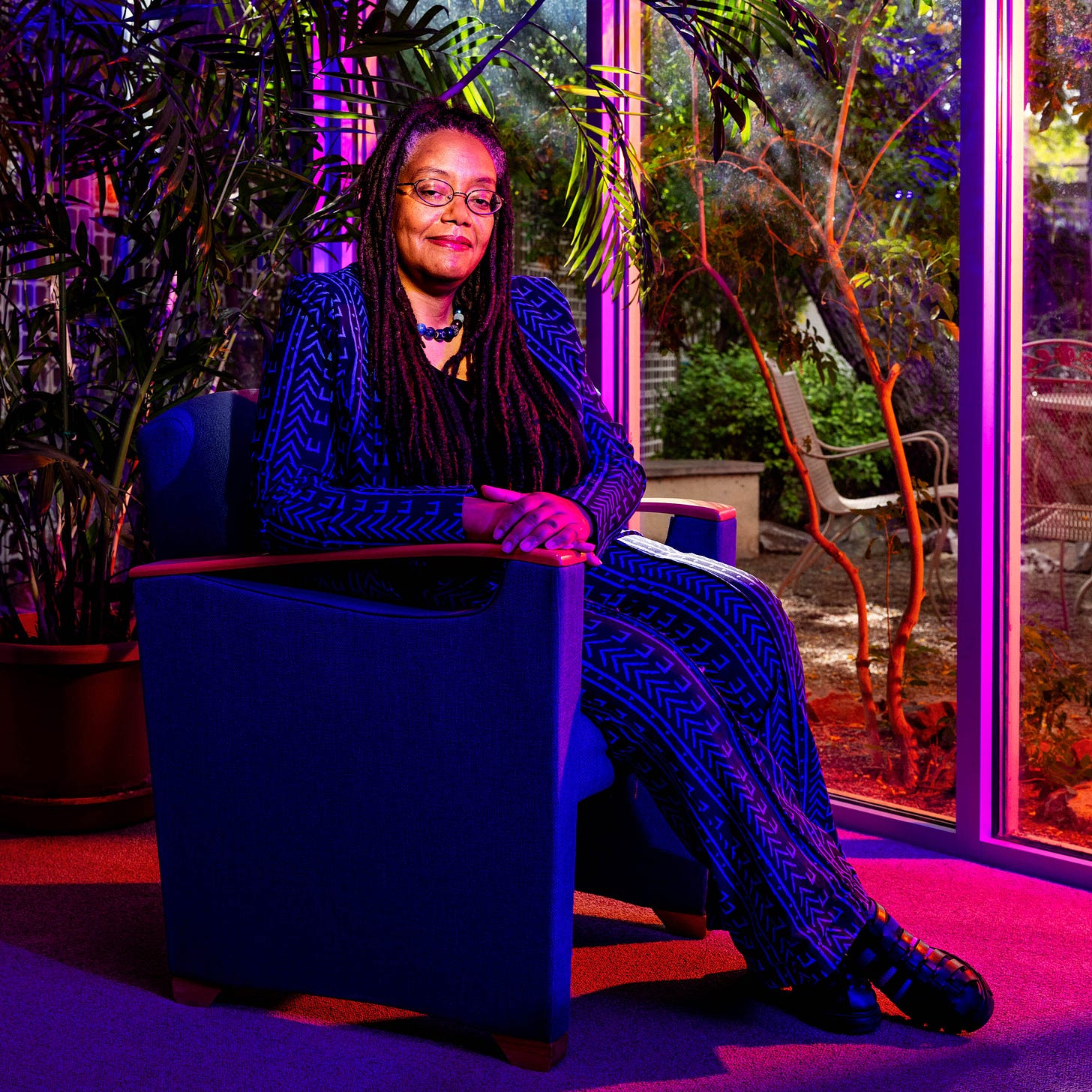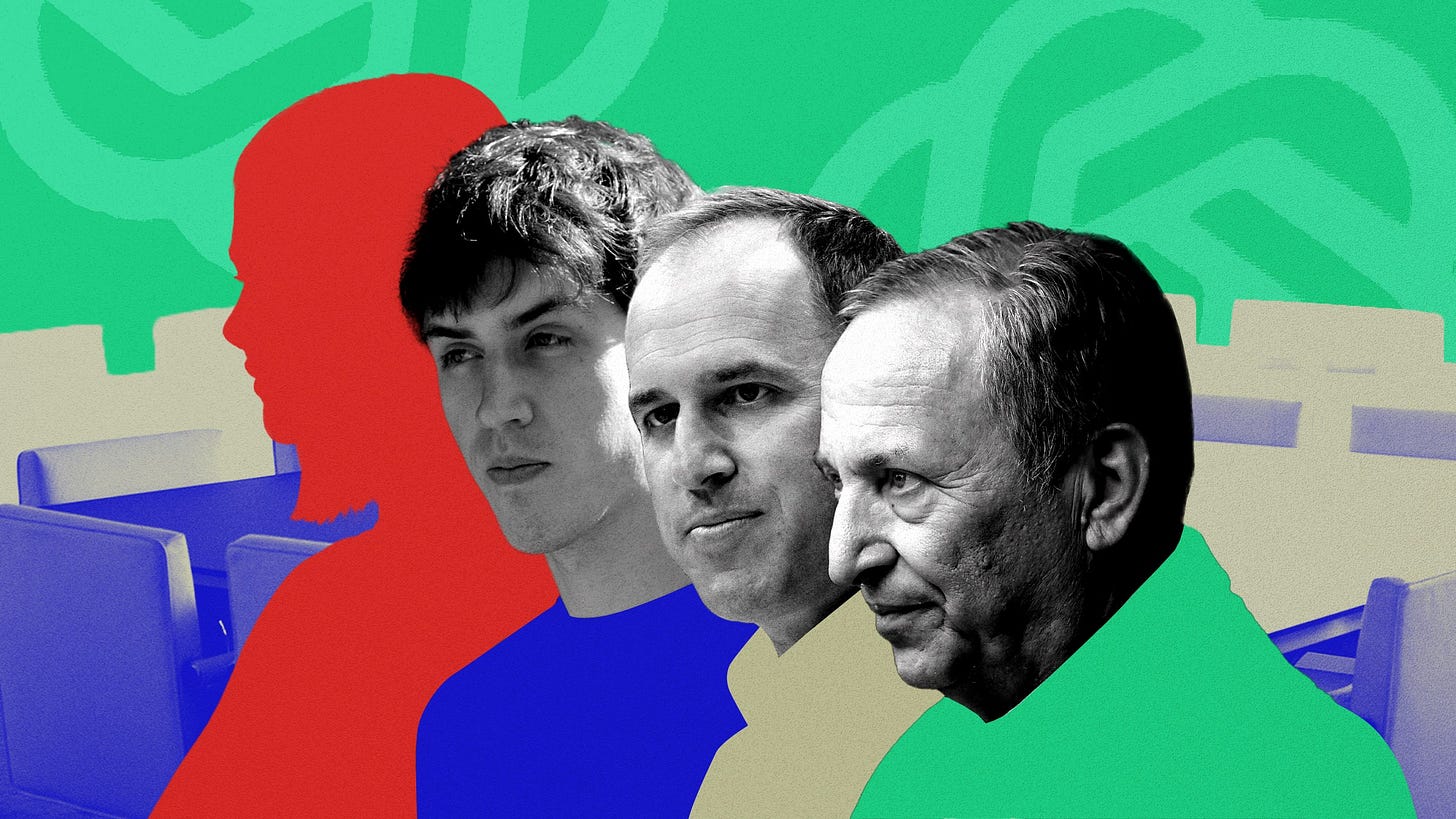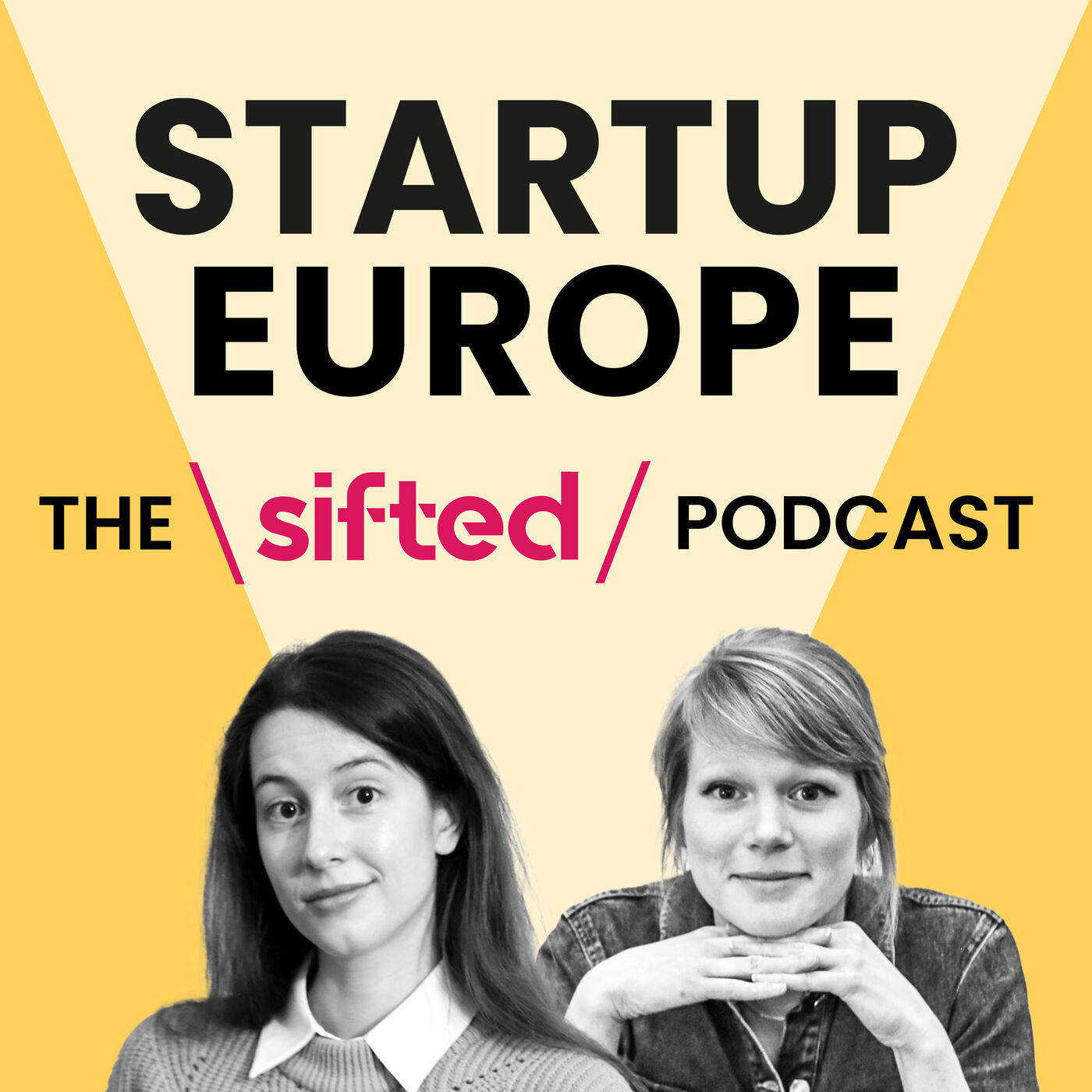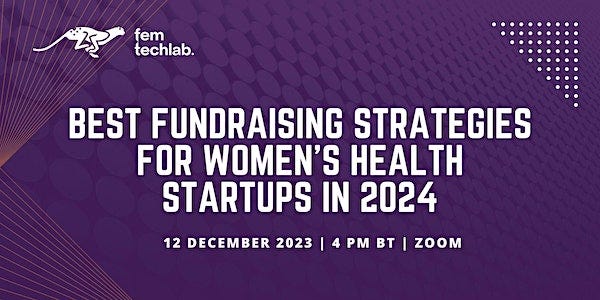Issue 5: Women of Science Dec '23
News, research, reviews, recommendations & an essay on gender parity in astrophysics
Welcome back to Women of Science, featuring all the best happenings re: women of science every week 🧬
🔬 What to expect?
All subscribers receive the free edition covering weekly highlights in media, awards and discovery as well as things to read, see and watch re: women in science. Drops every Tuesday. Tell your friends:
Thank you for joining. Enjoy the read.
A quick run-down of this issue:
Abstract & Intro: News and updates on all things women of science
Materials, Methods, Discussion: An essay on gender parity in astrophysics
Conclusions & Further Reading: Reccos, reads & links this week Abstract & Intro
Headlines, news & media snippets re: women of science this week
Volume or thickness of certain regions change in sync with hormone levels. Whether these changes affect actions and thoughts is a question for future studies, researchers say.
Healthcare: 🩺 A New Match for Menopausal Weight Gain: Ozempic
Some women going through menopause are seeking drugs including Ozempic to help with excess weight, prompting concerns from experts about the risks (though some doctors are willing to oblige).
Healthcare: 💊 Women in England to receive contraceptive pills at pharmacies
From this month (December), a nationwide rollout policy now means that women in England can get their contraceptive pills without contacting their GP for the first time.
Astrophysics: 🚀 Mary Cleave, the first woman to fly on NASA’s space shuttle after Challenger disaster, dies at 76
Mary Cleave, the NASA astronaut who in 1989 became the first woman to fly on a space shuttle mission after the Challenger disaster, has died at the age of 76, the space agency announced last week.
Technology: 📈 Prominent Women in Tech Say They Don't Want to Join OpenAI's All-Male Board
The chaotic saga of OpenAI shows little sign of slowing up, as this WIRED article reveals…
Technology: 💸 Indian Sex-Tech Startup Sassiest raises Pre-Series led by IMbesharam’s co- founder Raj Armani
Sassiest has secured a substantial investment in the Pre-series, which is certain to embolden & enable the founding team in its foray of leading the new era of inclusive Sex-tech in India through the safe space of doctor-backed sexual wellness.
& in other brief news:
Gender prize gap in science still exists as one in eight female academics win awards named after men
Speaking of which, how sexist is science?
Materials, Methods, Discussion
A brief essay on gender parity in science
Good news this week from scientists at the (deep breath) Australian Research Council’s Centre of Excellence for All Sky Astrophysics in 3 Dimensions (ASTRO 3D), who have completed several diversity training sessions over 5 years as part of an effort to improve representation at the center. Indeed, by combining a series of recruitment and retention policies over this time period, the institute now boasts 50% women scientists on the payroll: defying the longstanding tradition of male dominance in the field of astronomy, and shattering the (celestial) glass ceiling.
What ASTRO have helpfully achieved also crucially provides a blueprint for other scientific disciplines grappling with gender imbalances: The journey to gender parity here was not merely a fortuitous alignment of stars; but was a deliberate and multifaceted initiative laid in 2017 when the ARC granted a substantial AU$40 million to establish ASTRO 3D. From the outset, the center's founders set a bold equity goal (and now achieved, see above ☝️) —to achieve 50% women in their scientific workforce. They also boast stats where women constitute 52% of students, 56% of postdocs, and 40% of investigators among its 300 researchers: Well above Australia’s national averages.
The success of the initiative - and lessons that can be applied to other scientific disciplines when it comes to achieving gender parity - lies not only in its outlined targets from the outset, but also in the strategic and comprehensive approach adopted. Astutely recognising that gender parity requires a constellation of efforts, the center implemented initiatives focusing on recruiting, retention, leadership, and work climate simultaneously, with a key emphasis on postdoc hiring where workshops addressing implicit bias were conducted to ensure fair representation: The requirement for 50% women in selection committees and shortlists further bolstered diversity, resulting in 52% of postdoc positions being filled by women despite comprising only 32% of the initial applicant pool.
Likewise, program coordinators encountered little pushback when it came to policy implementation, with a particularly noteworthy emphasis on empathy for families and work-life balance. Policies such as facilitating partners' job placements in the same cities, family-friendly meeting times, financial support for caregivers attending conferences, and a clear code of conduct against sexism and microaggressions collectively fostered an inclusive work environment. As a result, 55% of women students and 67% of women postdocs who joined the center in 2017 remained there in 2022, having ascended to more senior positions.
The ASTRO 3D initiative is a beacon for other physics and astronomy institutions seeking to rectify gender imbalances: However, there remains no one-size-fits-all solution, and other institutions looking to adopt their success albeit with greater racial and ethnic diversity should arguably broaden their approach, considering a diverse array of factors.
The paper describing the results team appears in Nature Astronomy (linked here for your perusal).
Conclusions & Further Reading
More links & signposts for you to enjoy this week…
Publication of the week
Collaboration between women helps close the gender gap in ice core science
A Perspective article published in Nature Geoscience tackles the longstanding issue of gender representation in science, focusing on the field of ice core science.
Prior work has shown that despite progress toward gender parity (hey, hot topic this issue!) over the past 50 years, women continue to be significantly underrepresented within the discipline of Earth sciences, and receive disproportionately fewer opportunities for recognition, such as invited talks, awards, and nominations. This lack of opportunity can have long-term negative impacts on women's careers.
To help address these persistent gender gaps, the study evaluates patterns related to women's publication in ice core science over the past fifty years. The study was co-led by Bess Koffman of Colby College, USA, and Matthew Osman of Cambridge University, UK, and co-authored by Alison Criscitiello and Sofia Guest, both of the University of Alberta, Canada.
Interview of the week:
Dr. Dara Norman Wants to Bring More People Into Science
Dr. Dara Norman '88, incoming president of the American Astronomical Society, speaks with Swapna Krishna at Wired about data access, scientific merit and her time at MIT. “During one key moment, as an undergraduate at MIT, she looked through a telescope during a class and saw Jupiter for the first time,” writes Krishna. “It was just amazing. It looked like all the pictures, and I was hooked,” says Norman.
Books & review articles:
👨💼💰📈 B “Do you think you’ll lose interest in the business once you’ve had your baby?” and other sexist questions women founders have faced: A majority of female founders believe gender bias has made raising funds more challenging, according to a new survey of 43 founders from early-stage VC firm Antler.
💉 What Exactly Is High Cortisol? A Debunking Guide: Are you suffering from the effects of high cortisol, or are you just scrolling through your “For You” page on TikTok? The familiar-sounding hormone, it turns out, is a magical mystery key to nearly every ailment of modern life — poor sleep, weight gain, adult acne — at least according to the many, many influencers, professional medical background or not, on both the clock app and Instagram. This article from The Cut deep-dives into the issue.
🧠 What Rosalynn Carter understood about mental health: Few people leave the world with as much grace or influence as Rosalynn Smith Carter, who died last week at the age of 96, and whom to many she was also the first lady of mental health reform.
🤷♀️ Where are all the ‘godmothers’ of AI? Women’s voices are not being heard: Tying in with our news article above, here’s an op-ed deeper dive into the troubles that OpenAI has revealed when it comes to women in tech…
Podcast of the week:
🎙️ Startup Europe — The Sifted Podcast: HSBC’s Sonya Iovieno on undisclosed down rounds, startups trimming headcount and SVB’s collapse
Sonya Iovieno knows European tech’s secrets. As head of venture and growth at HSBC Innovation Banking, where she works with thousands of VCs, startups and scaleups in the UK and Nordics, she has a view on who’s done an undisclosed down round, who’s been trimming headcount and who’s set up a “hunting line” for future acquisitions. This episode covers her predictions for 2024 and her experience of the tumultuous weeks of the year so far.
Opportunity of the week:
Applications: RESPOND Cohort #5: The RESPOND Accelerator is an international startup accelerator program that systematically advances how entrepreneurs lead, grow, and scale sustainable businesses.
RESPOND supports founders from across the globe to accelerate and scale businesses that help us transition towards a more sustainable, regenerative economy. We center our efforts on leadership development, providing entrepreneurs with the space they need to take a long-term, systemic perspective to building businesses that positively impact all their stakeholders.
📍 Applications close:17th December
Out and about this week:
Best Fundraising Strategies for Women's Health Startups in 2024
With temperatures dropping, here’s a lovely warm indoor event for you, accessible from the comfort of your own Zoom login (and free!): FemTech Lab panel discussion with FemTech investors, mentors and alumni - Join to learn the trends in Fundraising for early-stage FemTech founders and how to prepare for your next round in 2024!
📍 Tuesday, December 12 · 4 - 5pm GMT
That’s all for this week!
Thank you for reading: The WoS mission is to support, share and promote the innovative and groundbreaking work that has been and continues to be done by women across all scientific disciplines, and to empower and inspire the next generation of female leaders in the field.
If you liked it, here’s another reminder to share us with your friends, network, neighbours, coffee baristas ☕ etc.:
Over the coming months, the WoS community will also be adding to its repertoire of channels for sharing content, so watch this space!






